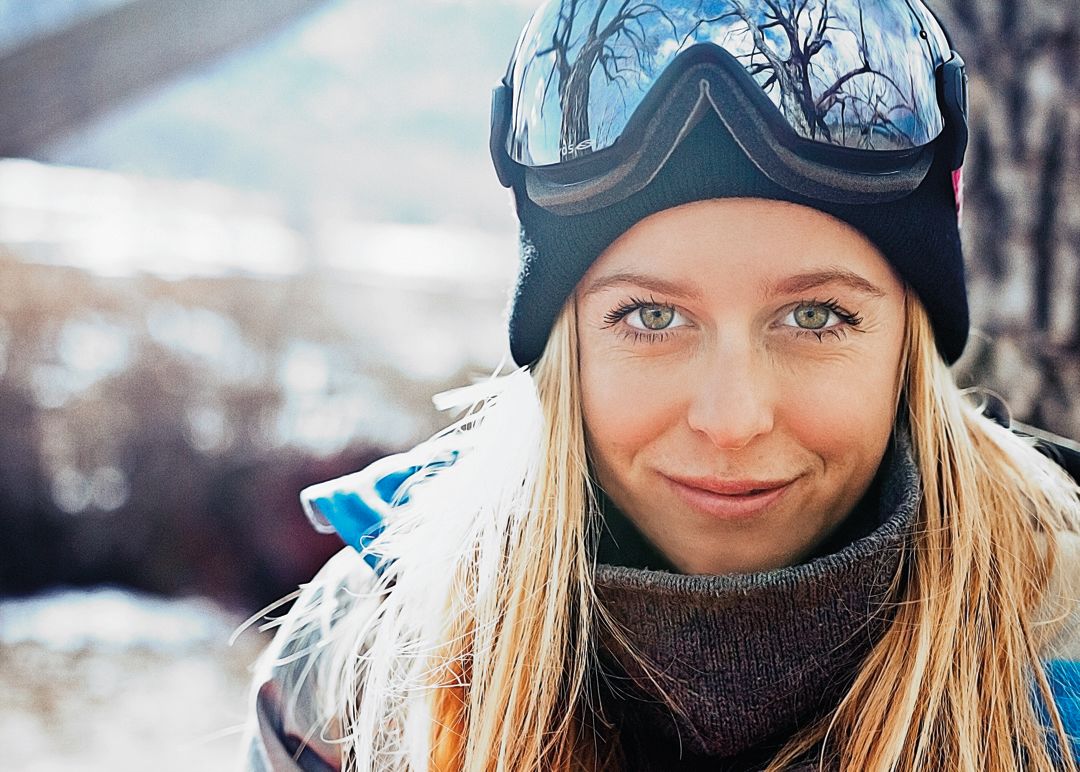Alright – so today we’ve got the honor of introducing you to Jamie MoCrazy. We think you’ll enjoy our conversation, we’ve shared it below.
Jamie, so great to have you with us and we want to jump right into a really important question. In recent years, it’s become so clear that we’re living through a time where so many folks are lacking self-confidence and self-esteem. So, we’d love to hear about your journey and how you developed your self-confidence and self-esteem.
Developing Confidence and Self-Esteem
Confidence and self-esteem are challenging for everyone. One of the biggest obstacles I face is the narrative I’m constantly bombarded with: that because I had a brain injury, I will always struggle and be somehow incompetent.
When I was waking from my coma and still had severe amnesia, a doctor told me I would never ski again—probably never even walk. He said I’d never be able to accomplish anything or live a “normal” life.
But I’ve turned that into the theme of my keynote speaking presentations: There is no normal life. I show after unexpected trauma you can always climb an alternative peak. I try to remember I honestly love my life and I am so proud of the steps I took to create my life!
Since my accident, I’ve relearned how to walk, talk—and even ski again! I’ve produced a multi-award-winning documentary, #MoCrazyStrong, earned over six figures in a single year, spoken at events with audiences of 1,000 people earning 10,000 for the even, created and produced the Alive to Thrive events, and founded the MoCrazy Strong Brain Injury Foundation. I’ve traveled the world, often alone for speaking engagements. I’ve reconstructed a 1907 house with my husband and adopted a dog who was terrified of the world—and helped her regain her confidence.
And yet… somehow, I still wrestle with the feeling that I’m not enough.
I still hear that voice inside whispering, You’ll never accomplish anything again.
Sometimes, I even find myself upset when other brain injury survivors use their brain injury as a scapegoat, a way to explain or justify every challenge they face and I wonder if I do the same…. I critique myself….But I know that my story—and my strength—are far more powerful than any limitation someone else tried to place on me.
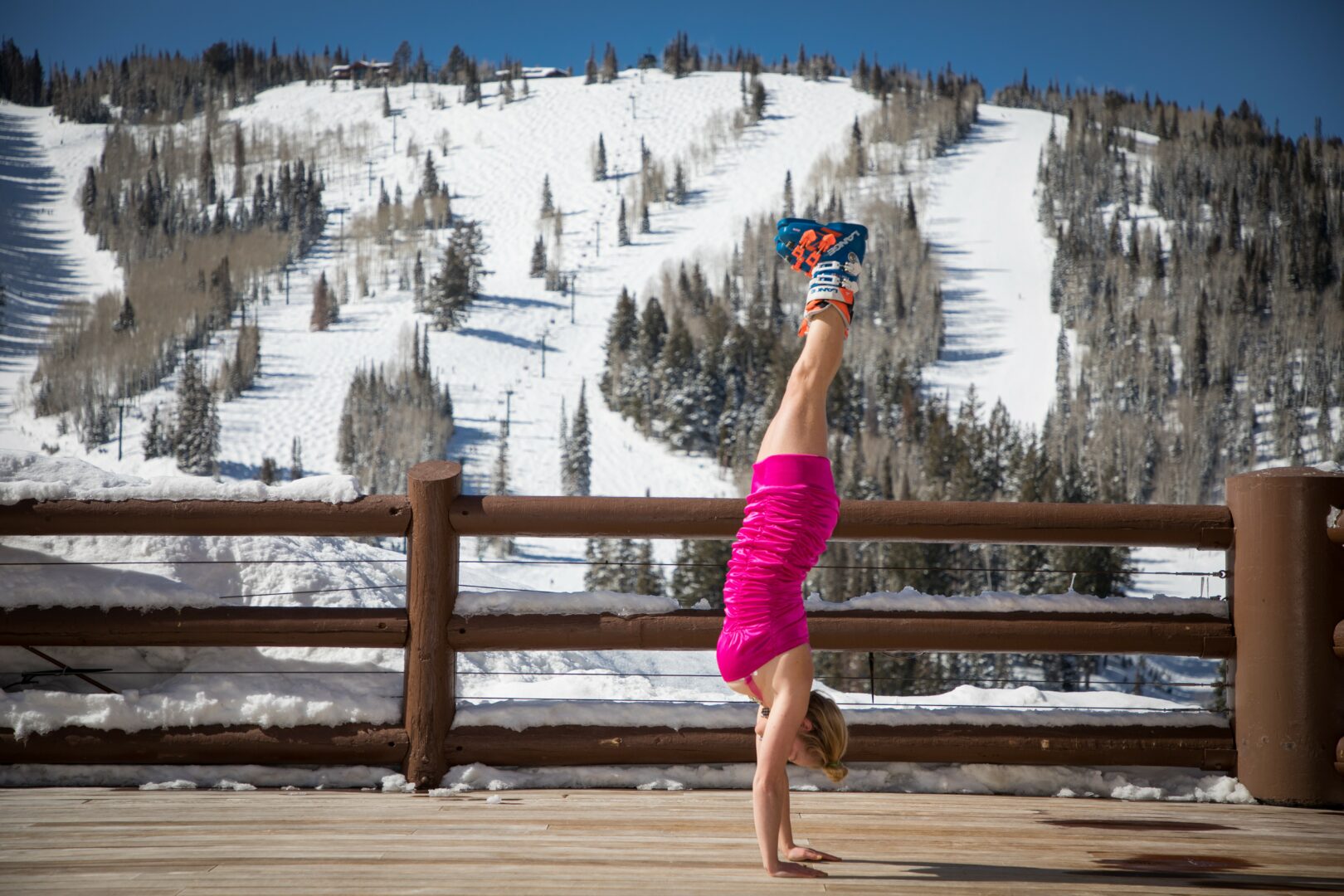
Let’s take a small detour – maybe you can share a bit about yourself before we dive back into some of the other questions we had for you?
I’m Jamie MoCrazy, and my journey has taken me from being a world-class freestyle skier—the first woman to land a double backflip in competition at the X Games—to surviving a life-threatening Traumatic Brain Injury after a crash in 2015. Doctors said I might never walk or talk again, but with determination and the support of my incredible family, I relearned everything from speaking to skiing. My experience led me to co-found the MoCrazy Strong Brain Injury Foundation in Sept. 2022, where we help other brain injury survivors and their caregivers navigate recovery and find what’s possible after brain injury. I’ve turned my story into a message of hope and resilience, speaking around the world, producing an award-winning documentary, hosting the podcast Life Gets MoCrazy and proving that there truly is no such thing as a “normal” life—we each have the power to define our own lives.
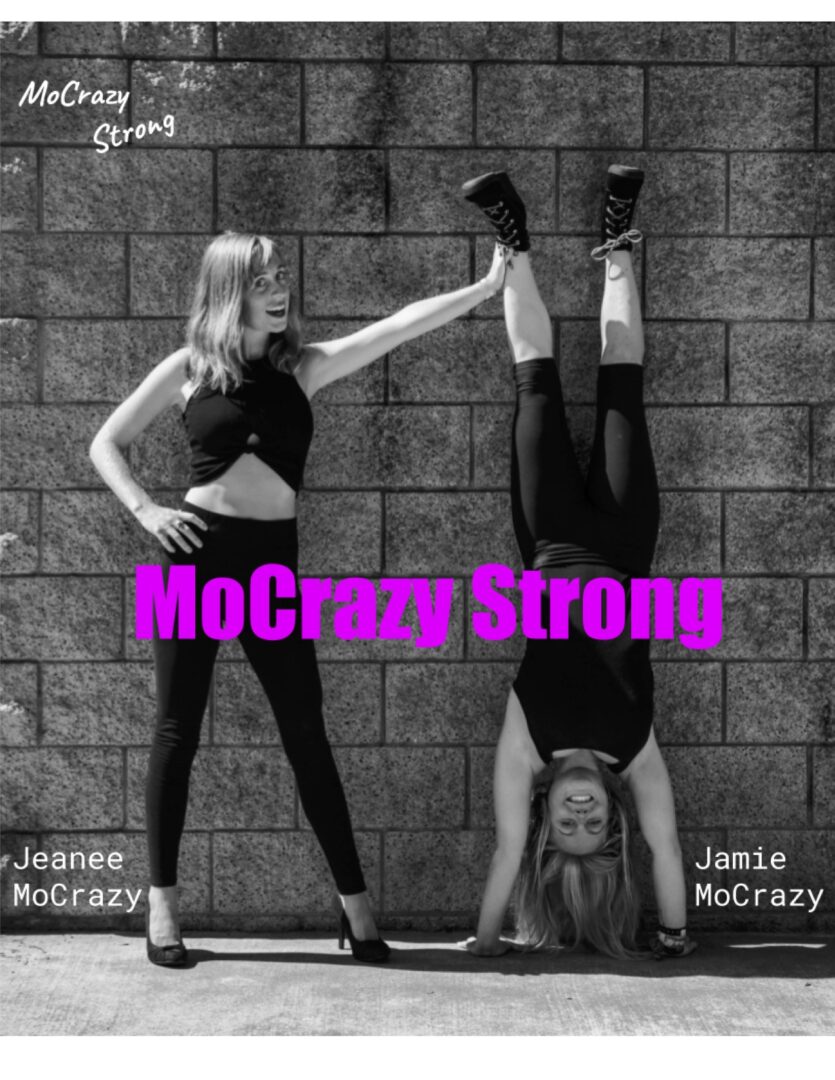
There is so much advice out there about all the different skills and qualities folks need to develop in order to succeed in today’s highly competitive environment and often it can feel overwhelming. So, if we had to break it down to just the three that matter most, which three skills or qualities would you focus on?
Three qualities and skills that were most impactful in my journey are:
Resilience – My ability to persist and recover mentally and emotionally after a devastating injury was central to my growth. Despite being told I would never walk or ski again, my resilience fueled my recovery and allowed me to grow beyond expectations.
Advice:
“Resilience isn’t about bouncing back to who you were—it’s about growing into who you’re becoming. The key was to stop comparing myself to my past self or what others said I ‘should’ be. Instead, I focused on small victories and celebrated progress, not perfection. Resilience means accepting the tough moments, feeling them fully, but refusing to let them define your future. Surround yourself with people who believe in your strength when you forget it. And most importantly, remember: your comeback can be stronger than your setback—because your story isn’t over.”
Growth Mindset – I embraced the belief that abilities can be developed through dedication and hard work. This mindset allowed me to relearn basic functions like walking and speaking, and later to rebuild my identity as a speaker, filmmaker, and advocate.
“A growth mindset is understanding that your limits today aren’t your limits forever.” I was taught this mindset as a child from my mama, Grace Mauzy MA, PhD.
Advice:
When you face setbacks, don’t ask ‘Why me?’—ask ‘What can I learn from this?’
Storytelling and Communication – Born garbling and talking. I have always been a communicator and my communication skills enabled me to share my journey in a way that inspires and educates others. Through keynote speaking, podcasting, and documentary filmmaking, I turned her personal story into a platform for advocacy, awareness, and systemic change in brain injury recovery.
Advice:
“Your story is your power—own it, shape it, and share it.” After my brain injury, I realized that the narrative people told about me was one of tragedy and limitation. But I chose to tell a different story—one of resilience, growth, and possibility. Effective storytelling doesn’t mean pretending everything is perfect. It means being real, being vulnerable, and showing others how you moved through the darkness toward the light.
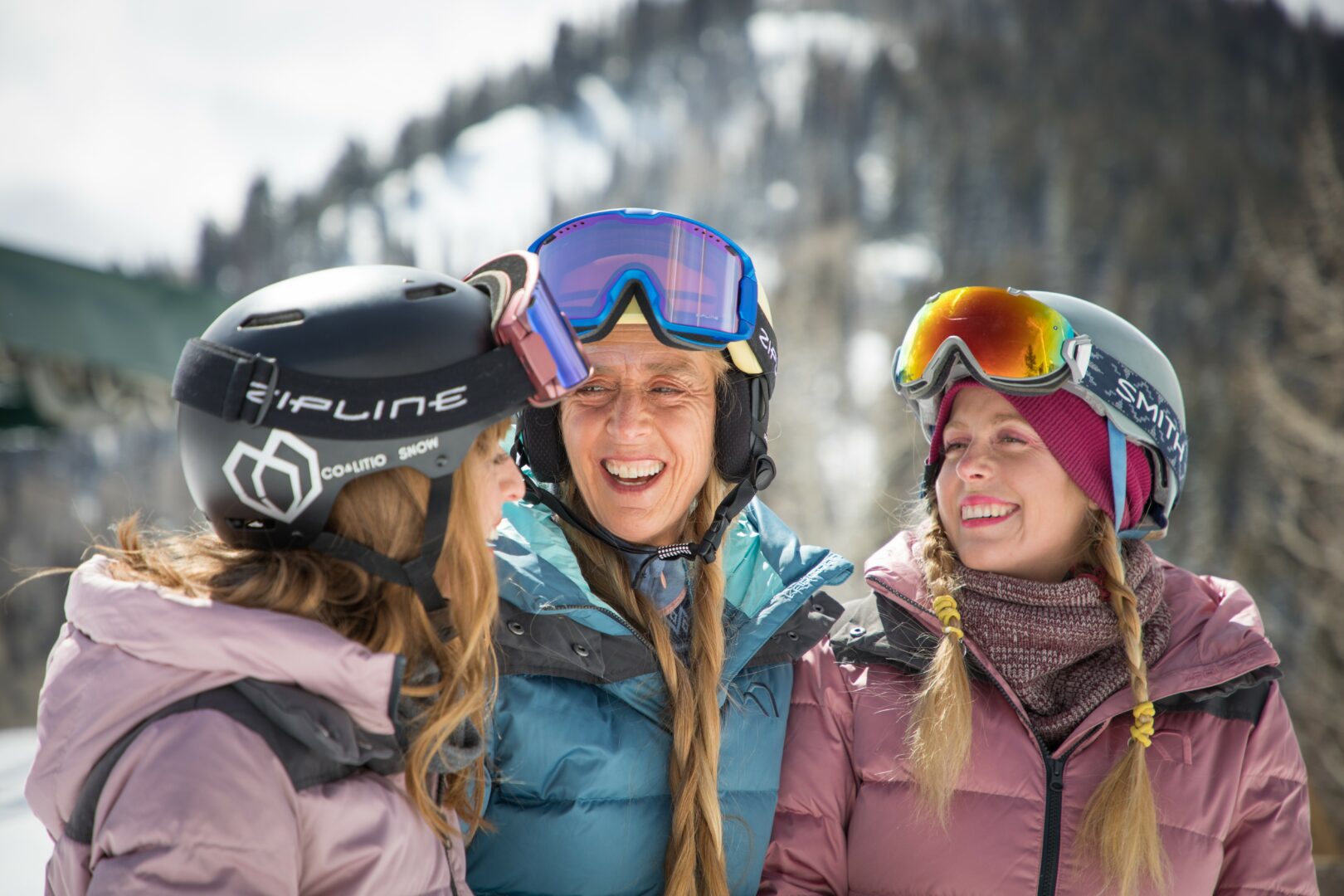
Okay, so before we go, is there anyone you’d like to shoutout for the role they’ve played in helping you develop the essential skills or overcome challenges along the way?
My mother, Grace Mauzy MA, PhD played an absolutely pivotal role in my recovery—emotionally, physically, and even medically.
Here’s a summary of her role in my journey:
“My mama, Grace, who we call fruit, was my rock during recovery. She was more than a mother—she became my advocate, caregiver, and translator between the medical world and wants. This caregiving communication is vital in making person-centered practices. When I was in a coma and couldn’t speak for myself, she fought for me with an educated background every single day. “fruit” had a background in mind-body medicine, and she used that knowledge to help guide my healing holistically—working not just on physical rehab, but emotional and neurological recovery too. “Jamie was SO lucky her mom had that education”. we heard that statement said so many times “fruit” decided to earn her PhD in Mind-Body medicine to back her actions by science, and we decided to create a 501c3 MoCrazy Strong Foundation, so we could share with other brain injury survivors and their family caregivers.
My mom believed in me when doctors didn’t. When someone told her I’d never walk again, she allowed me to perform at my own person best and NEVER put glass ceilings on me. She helped me visualize recovery,I started meditating in the hospital! she gave me space to grieve, but to never stay stuck at the bottom on the mountain…. she always pushed me to climb an alternative peak. Honestly, I wouldn’t be here—standing on stage, skiing again, or leading a foundation—without her relentless strength and belief in who I could become.”
Contact Info:
- Website: https://www.mocrazystrong.org
- Instagram: JamieMoCrazy, MoCrazy Strong Foundation
- Facebook: MoCrazy Strong
- Linkedin: Jamie MoCrazy
- Youtube: MoCrazyStrong
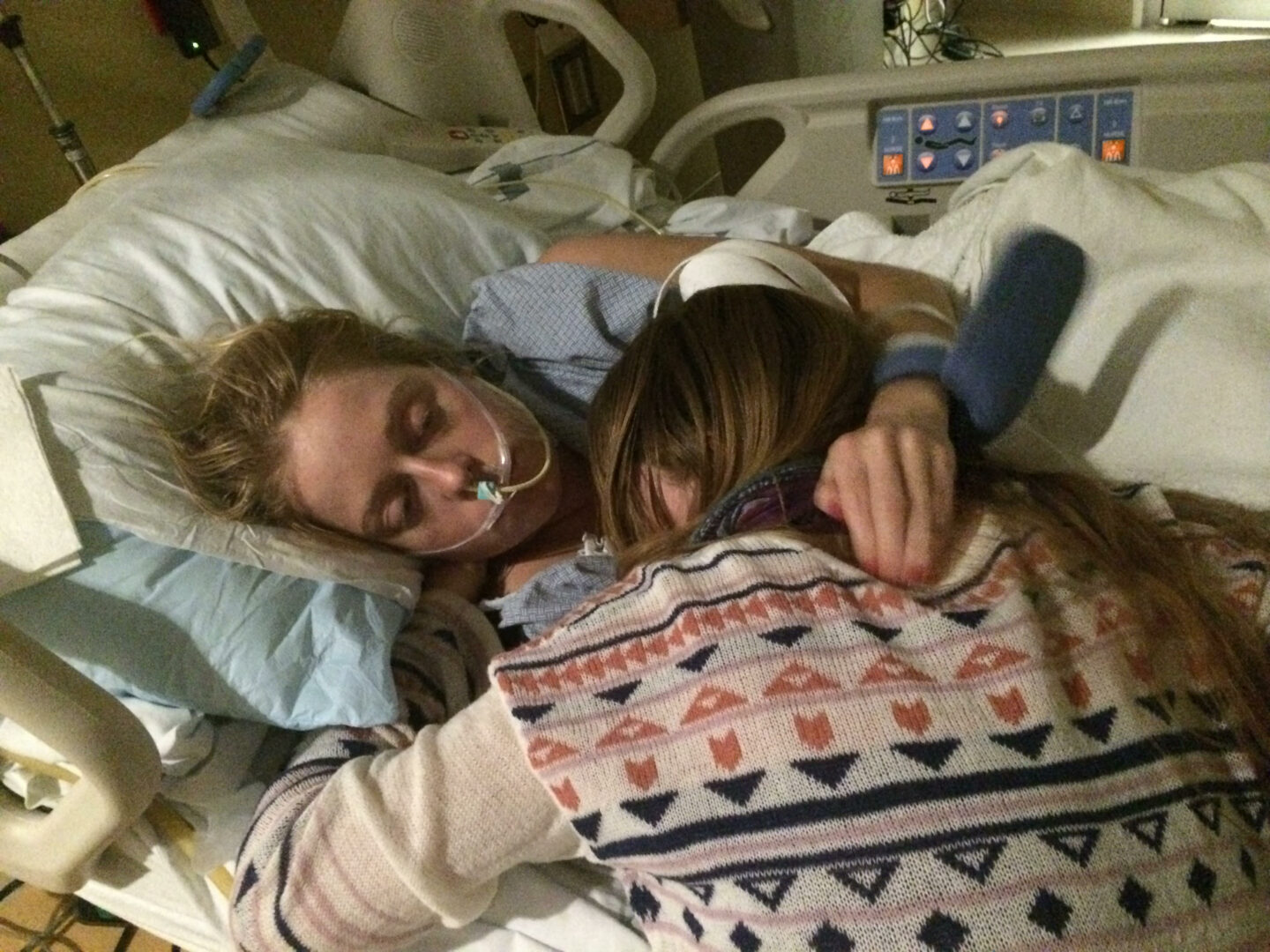
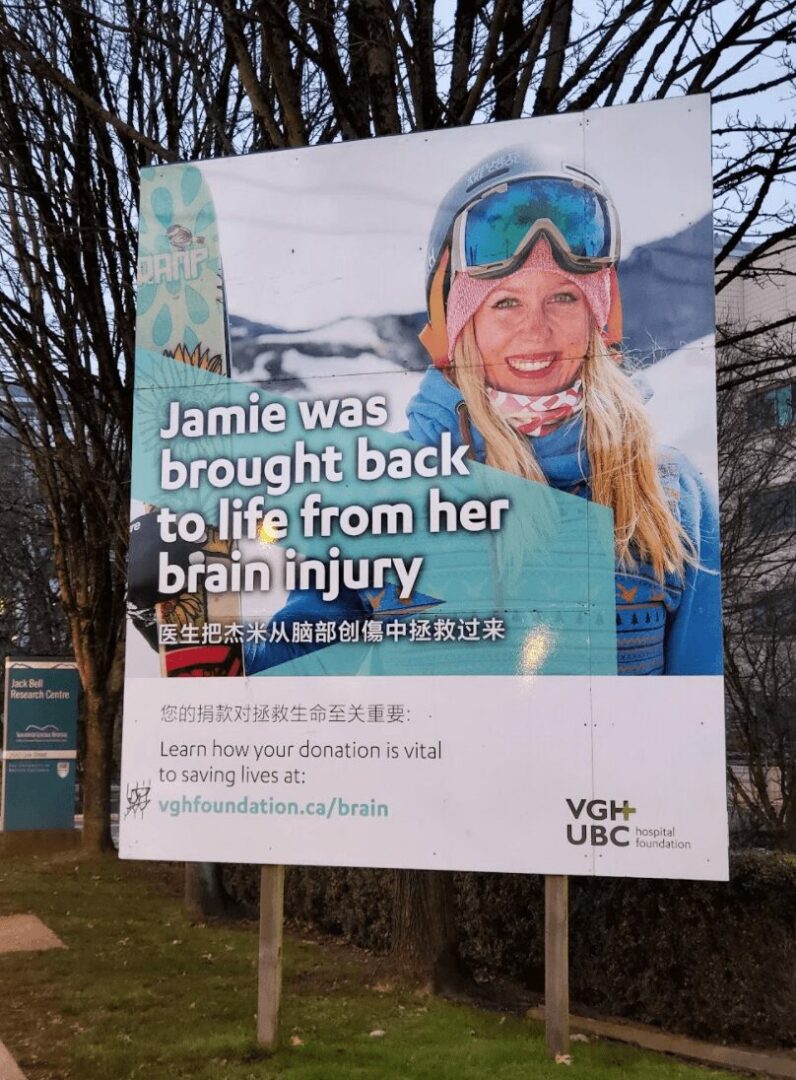
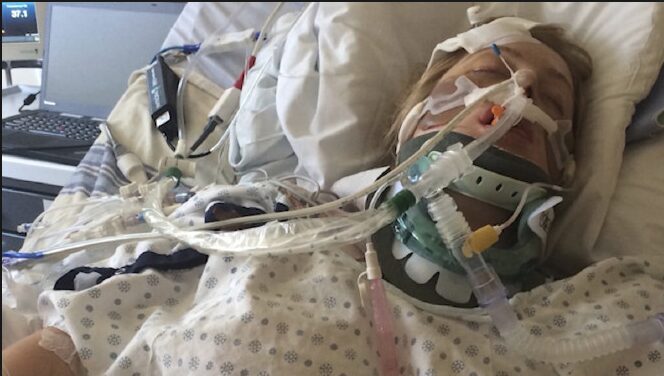
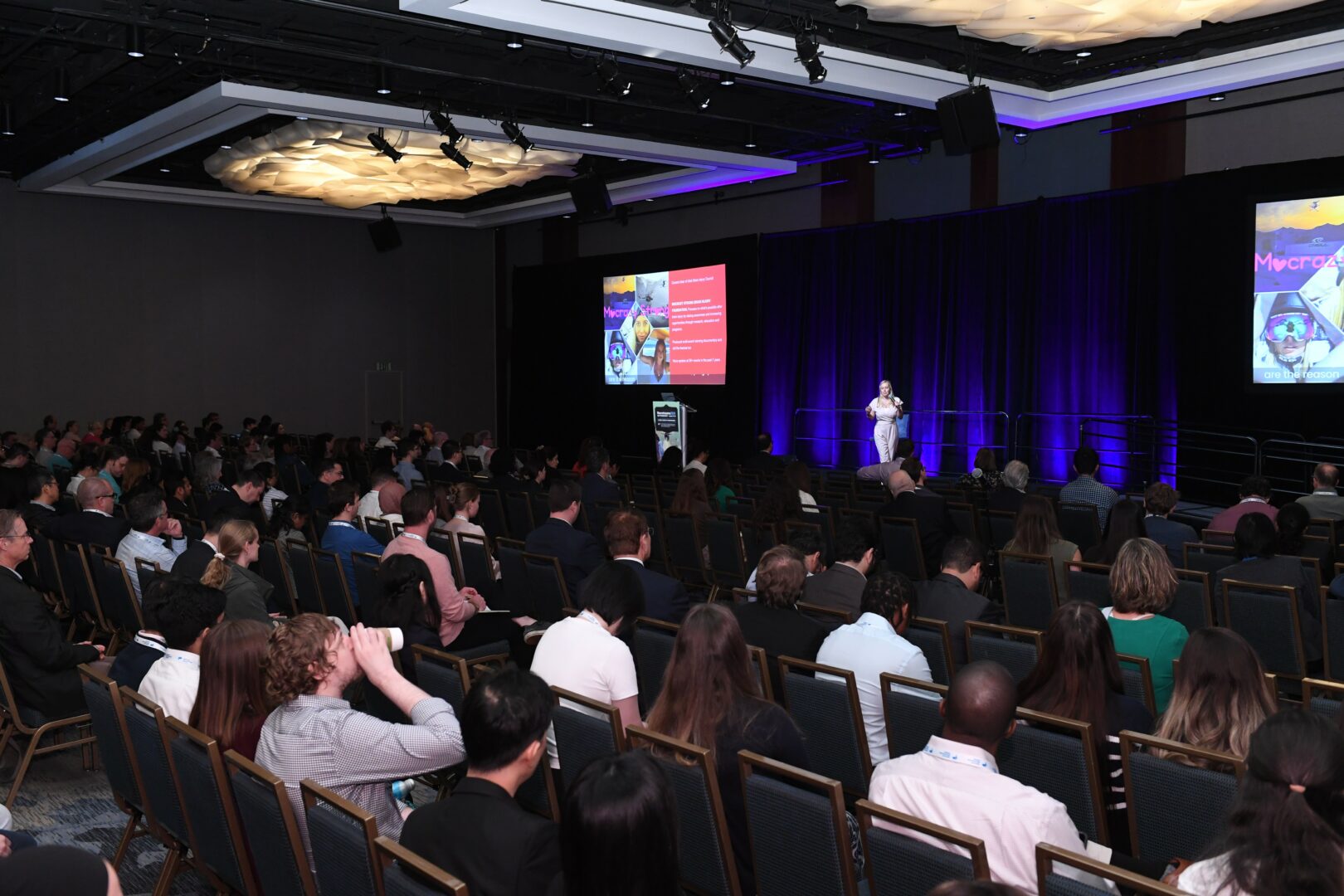
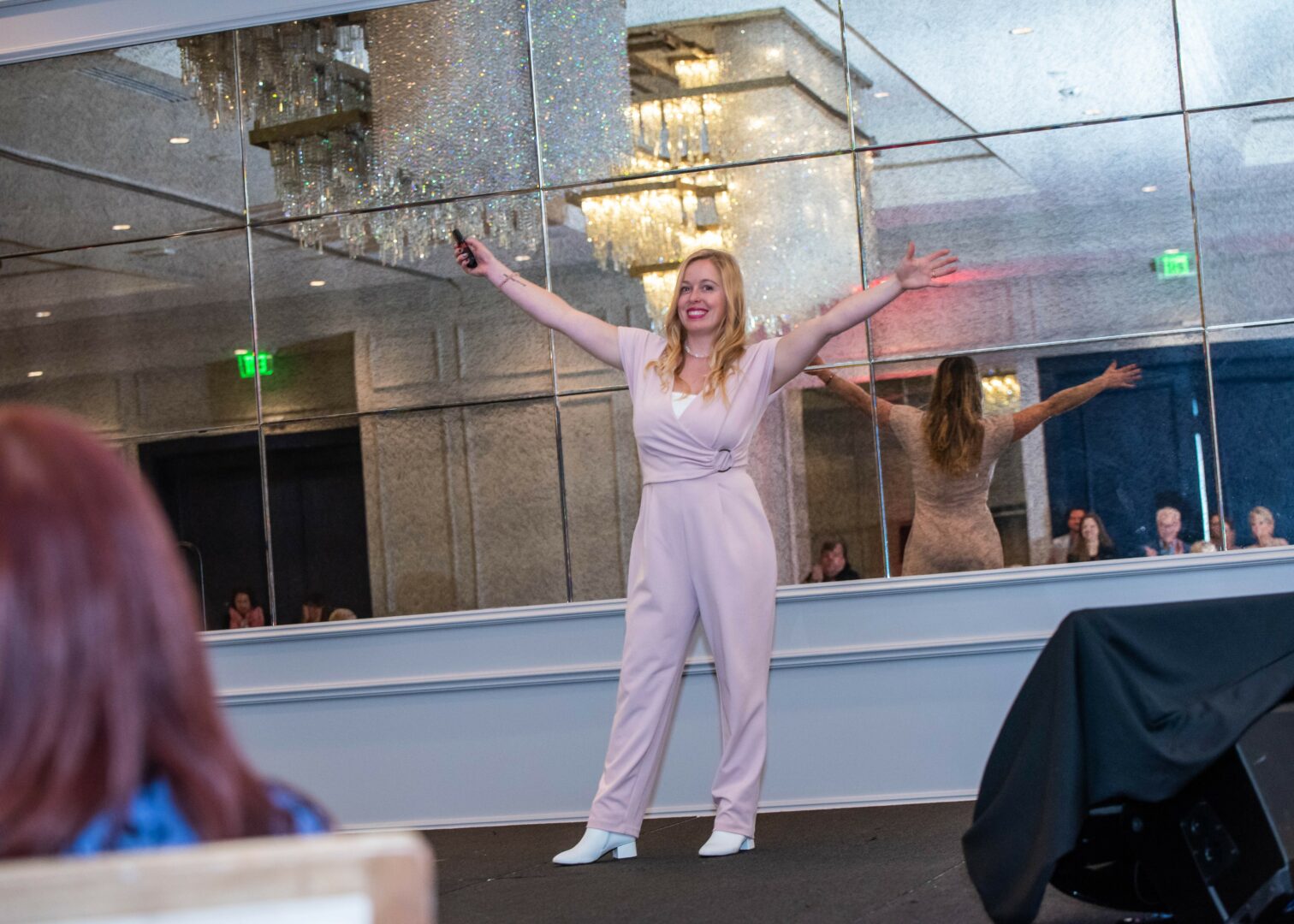
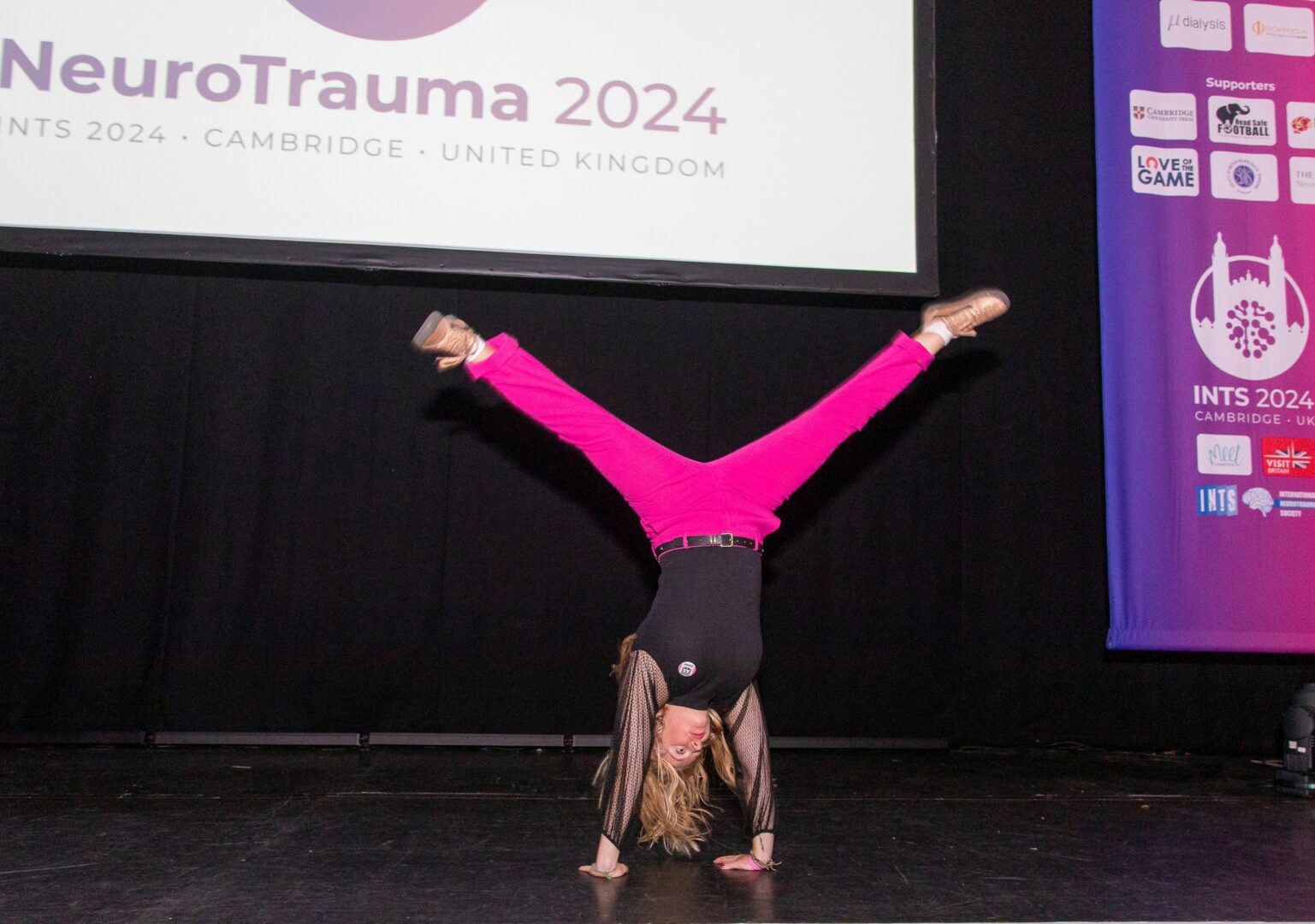
Image Credits
Gillian Huntley
Grace Mauzy
so if you or someone you know deserves recognition please let us know here.

